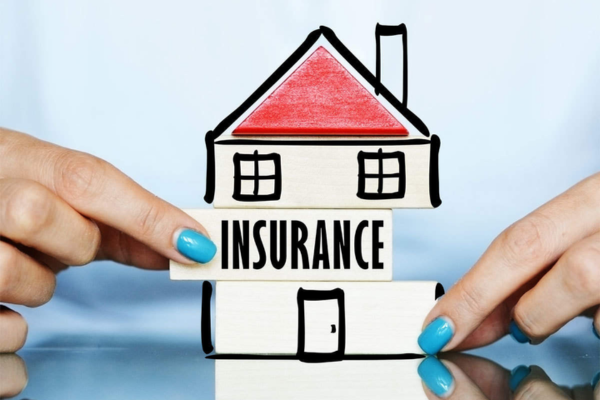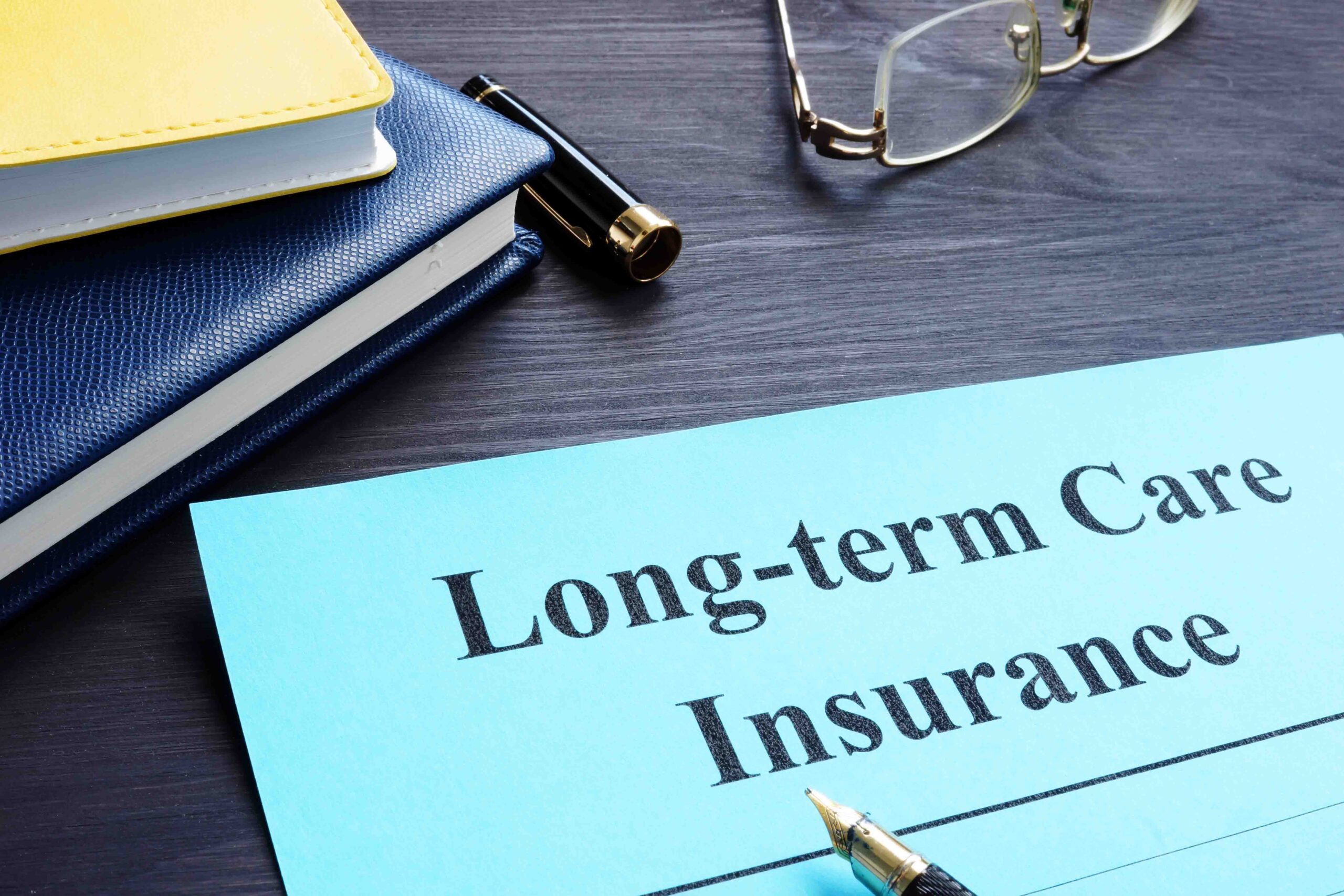The great explorer of the truth, the master-builder of human happiness no one rejects dislikes avoids pleasure itself because it is pleasure but because know who do not those how to pursue pleasures rationally encounter consequences that are extremely painful desires to obtain.
Read More
- Building including Plinth & Foundation and Compound Wall / Leasehold improvements.
- Plant & Machinery
- Stocks & Stocks in Process including Raw Materials, Finished Goods, Consumables etc.
- Furniture, Fixture & Fittings
- Bullion or unset precious stones, any curios or works of art, manuscripts, plans, drawings, securities, documents of any kind, stamps, coins or paper money, cheques, books of accounts or other business books, computer system records unless otherwise expressly stated in the policy.
- Cost of land, livestock
- Earthquake (Fire and Shock)
- Terrorism Damage
- Architects, Surveyors and Consulting Engineers Fees ( in excess of 3% claim amount)
- Removal of Debris (in excess of 1% claim amount)
- Impact Damage due to Insured’s own Rail/Road Vehicles, Fork lifts, Cranes, Stackers and the like and articles dropped there from.
- Omission to Insure additions, alterations or extensions upto 5% of BMA
- Escalation upto 25%
- Loss of Rent clause.
- Insurance Of Additional Expenses of Rent For An alternative Accommodation
- Deterioration of Stocks in Cold Storage premises due to accidental power failure consequent to damage at the premises of Power Station due to an insured peril.
- Deterioration of stocks in cold storage premises due to change in temperature arising out of loss or damage to the cold storage machinery (ies) in the Insured’s premises due to operation of insured peril
- Forest Fire
- Spontaneous Combustion
- Leakage And Contamination Cover
- Temporary Removal of Stocks Clause
- Start up Expenses
- Excess mentioned in the Policy
- Natural heating OR spontaneous combustion
- Burning of property by order of public authority
- Damage to boilers from their own explosion implosion, centrifugal forces
- Electrical short circuits, breakdown
- Pressure waves of an aircraft
- Pollution or contamination
- Damage to bullion or unset precious stones, any curios or works of art for an amount exceeding Rs. 10,000/-, manuscripts, plans, coins, stamps etc unless otherwise expressly stated in the policy
- Earthquake, Volcanic Eruption or other convulsions of nature
- Terrorism Damage
- War group Perils
- Nuclear contamination, radiation
- Pollution and contamination
- Expenses in excess of 3% of Architect, Surveyor or consulting engineer fee and 1% of Debris removal claim
- Loss of earnings, loss by delay, loss of market or other consequential or indirect loss.
- Property removed from premises except machinery temporarily removed for repairs, cleaning, renovation etc for not > 60 days
- Minimum 3 years
- Entire Premium to be collected in advance
- No midterm inclusion of perils
- No refund if claim under the policy
- No Long term Discount on EQ & Terrorism
- Cancelled within three years – No discount
- Cancelled after three years – premium reworked based on actual period in years.

- What is Sum Insured
-
Sum Insured refers to the maximum amount of coverage or protection that an insurance policy provides to the policyholder in case of a claim. It is the predetermined limit that the insurance company will pay out in the event of a loss or damage covered under the policy. The sum insured is often determined based on the value of the insured asset, such as a car, property, or health coverage.
- Information about Property
-
Book value refers to the value of a company's assets as recorded on its balance sheet, minus its liabilities. It represents the net asset value (NAV) of the company, which is essentially the value that shareholders would theoretically receive if the company were to be liquidated, after all debts and obligations are paid off.
- Original Cost?
-
Original cost refers to the initial price paid to acquire an asset, including any additional expenses related to its purchase, such as installation, shipping, or legal fees. This cost represents the historical value of an asset at the time of acquisition, before any depreciation or adjustments are made.
- Sale Value?
-
Sale value refers to the price at which an asset or property is sold in a transaction. It represents the final amount agreed upon between the buyer and the seller during the sale of the asset, whether it is a product, property, or a business.
- Value / Sum Insured is either
-
Market Value: The sum insured can be based on the current market value of the asset. This represents the price the asset would fetch if sold in the open market at the time of claim or loss.
Replacement Value (Reinstatement Value): The sum insured may also be based on the replacement or reinstatement value of the asset. - Reinstatement Value (For Fixed Assets)
-
Reinstatement Value refers to the cost required to replace or restore a fixed asset, such as property, machinery, or equipment, to its original condition without considering depreciation. It is commonly used in insurance policies to determine the sum insured for fixed assets like buildings, factories, or expensive machinery.
- Market Value (For Stock)
-
Information about Proposer, Name and Address of Proposer, Business of Proposer, Location of Risk , Information about Property, Type of Property, Sum Insured, Insurance/loss History for past 3 years, Occupancy of risk, Basement exposure, Information about the Cover required, STFI, RSMD exclusion, Add on Covers etc, Information about Fire Protection, Nature of Commodity, in case of storage














